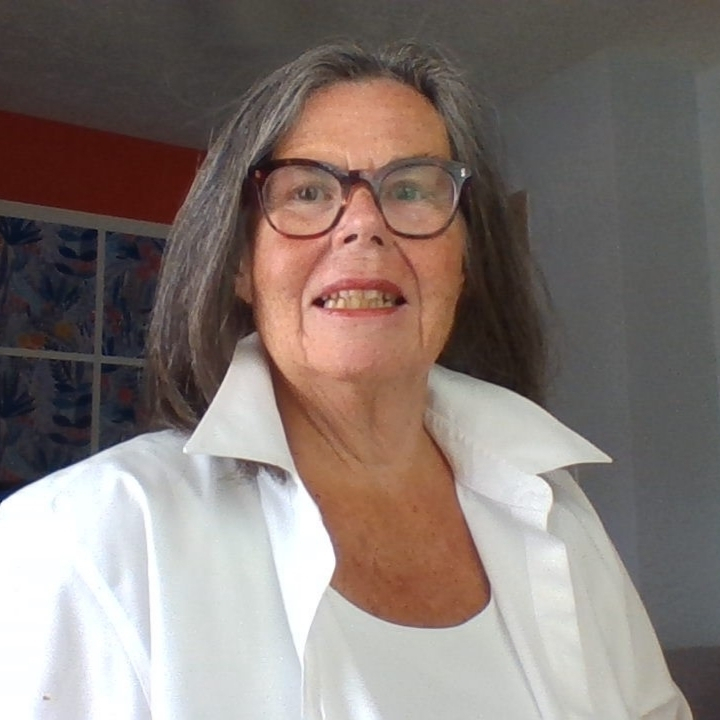When I say alone, I’m not talking about your death resulting from a sudden traumatic event, — a fatal car accident, a major heart attach, or whatever instant death scenario you can conjure up in your imagination. There are very few lives that end so succinctly.
How many friends do you have? How many times a day do you have a conversation? How many conversations do you have if you live alone?
This is a tricky situation. The younger you are when you reach the end, the more people you are likely to have in your life who know you. If you intend to live a long life, all of those people may have gone before you. Many say that’s the curse of a long life and a good reason to die sooner than later, before you get that old.
Make new friends
Relationships are another area where longevity requires us to re-assess the opportunities for growth in our third chapter. I don’t subscribe to the idea that 5000 Facebook friends count as friends; I think it’s important to bring a few younger folks into your friend circle as time goes on and invest time in getting close to them and letting them get close to you.
When retirement was “invented” they did not expect a retiree to live many years after retiring. For most, their families were in close physical proximity and the family took pride in caring for their elders.
Fast forward to the 21st century. The number of single 70-year-old’s living alone is at an all-time high. You may be one of them or someone who will be soon.
This highlights an area of our lives where we need to continue to invest. Our skills in creating and nurturing relationships with individuals need to be revisited and practiced anew. How often do you interact with people you hope are around at your end? Do you talk to them every week? Or every day? Do you physically spend time with them each week or each month?
The longest living people on the planet, people living in the Blue Zones, don’t eat alone. Most cook and share dinner with neighbors every day. If you are intent upon aging in place, what are your plans for ensuring you make contact, talk to, or see people every day?
I used to feel sad hearing about the individuals who my sister saw every day when she was a cashier at Target. Upon reflection, I realized some of these people made visiting Target a part of their routine to ensure they had that human contact we all need.
Making and keeping solid relationships at this stage is not like high school or even on the job. In both situations, there were plenty of people around all day, every day.
Take a moment to write the names of all the people you feel closest to. It doesn’t matter how short the list is, just consider who you share your secrets with or who you want to experience your secrets with from now on. Take the list into the future 20 years. How many of those people are still with you?
I realize you don’t know for sure. You don’t even know for sure you’ll be around in 20 years. Just imagine. If your parents are on the list, it is unlikely they’ll be around 20 years in the future. Do you have siblings or sibling in laws you feel close to? Are they younger or are they as healthy as you? Recognize those who are suffering from a chronic disease, and happen to be in the circle of people you are close to, is facing a shorter life expectancy than average.
Are you comfortable with the number of folks who are likely to still be with you 20 years into the future? Great! Now consider where those folks are in the world. Do they live down the road? Can you walk there? If you take 15 or 30 minutes in a car for the two of you to get together face-to-face, what accommodations do you expect to be created over the next 10 or 20 years so you can meet without having to drive?
I think this reality is one thing that pushes some folks to consider congregate living situations. In those institutions, there are people close by to share a table with at mealtime and make new friends. It is not a good enough reason in my mind to abandon staying in my home until the end.
I realize it’s up to me to continue to create and maintain friendships and to include people who are younger as I go along. I know for many of us like to rely on our children or siblings, although they aren’t always available and may live greater distances away. I encourage you to make friends with your neighbors or anyone within walking distance.
“You can’t stay in your corner of the Forest waiting for others to come to you. You have to go to them sometimes.”
― A.A. Milne, Winnie-the-Pooh
If you’ve lived in the same place for decades and are intent upon staying there, yet you don’t know your neighbors, it’s time to change that situation. And you may allow yourself to think you shouldn’t have to be the one to take the first step. I don’t see how those thoughts serve you, especially if you want to have someone to talk to everyday or have dinner with from time to time.
This may seem more difficult than it is. A few years ago, I moved into a new condo neighborhood. My home is physically close to other condos, and the area is walkable. I didn’t know anyone in the community. I am intent on getting to know as many of the residents as I can. Still, making new friends is an investment. More than time, making new friends requires us to “kiss a lot of frogs.”
“New friends can often have a better time together than old friends.”
― F. Scott Fitzgerald, Tender is the Night
As you might remember from high school or your career, not every person you meet will make a good friend for you. And that is even more true at this stage. As we’ve continued to grow and grow as humans, everyone’s life experience has diluted our homogeneity.
In my new neighborhood, I got involved in anything I might like. I play cards and dominoes each week and have met folks in the neighborhood. Sharing experiences and activities is key to making friends. Sharing meals is also a key component of building friendships.
Do you have people within physical proximity who you would feel comfortable asking for help? It is easier to ask someone for help when you talk to them regularly. The longer it has been since you reached out, the more embarrassed you may be to ask for help. Even when things are going well for you, calling a friend you haven’t talked to in a while can feel a little uncomfortable.
What are steps you can take today or this week to bring more face-to-face conversations into your week? Can you increase the number of calls or texts you start with friends and neighbors? Ignore any thoughts your brain might give you about whose responsibility it is to make the call. It’s your life. It’s your responsibility to create your best life.



